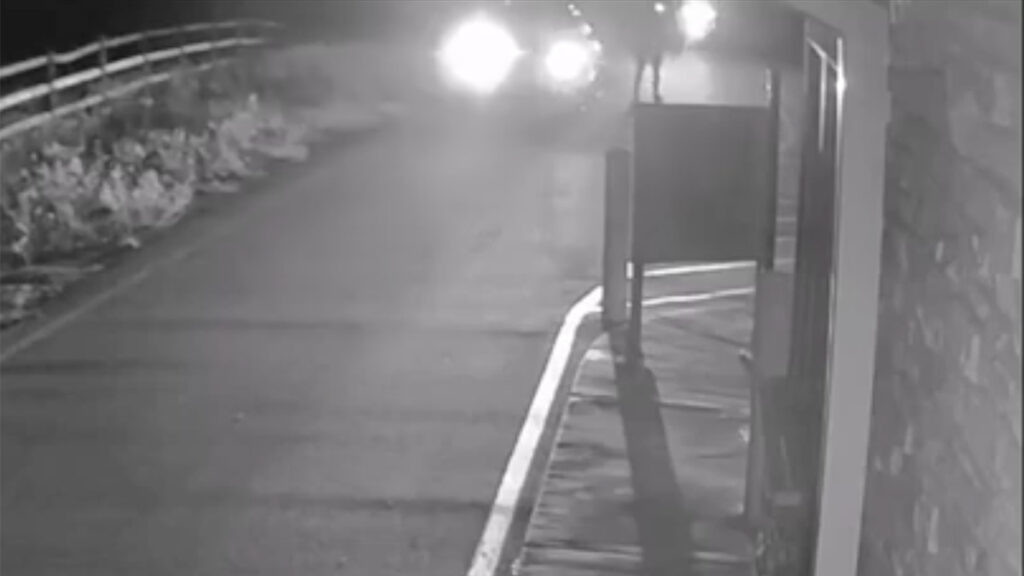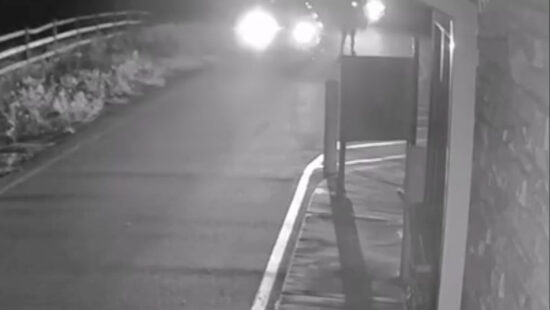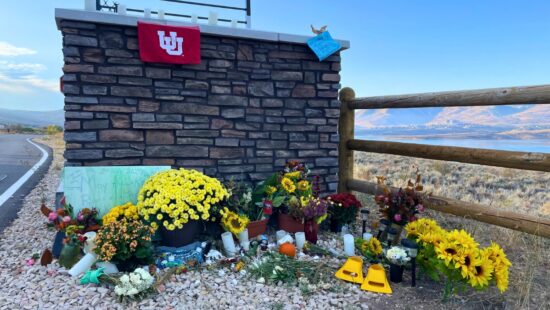Editor’s Picks
Judge sends DeBoer case to trial as report renews questions about Hayes shooting investigation

Overlooking the Jordanelle Reservoir from Ross Creek where Patrick Hayes was shot and killed by Greg Kyle DeBoer in September of 2024. Photo: Marina Knight // TownLift
HEBER CITY, Utah — The obstruction of justice case against Greg Kyle DeBoer, the man who shot and killed Patrick Hayes during a road rage altercation near Ross Creek State Park last year, will proceed to trial — as renewed scrutiny surrounds how investigators handled the fatal shooting.
Fourth District Judge Jennifer Mabey issued her ruling Friday, Oct. 3, determining prosecutors presented enough evidence to move forward and allowing two of Hayes’ relatives to serve as victim representatives in the case.
DeBoer, 63, was arrested in December 2024 after he told investigators he shot Hayes in self-defense, then drove home from the crime scene and buried the gun in his backyard. He was charged with felony obstruction of justice, but not homicide.
At the time, Wasatch County Sheriff Jared Rigby said his office determined it could not prove beyond a reasonable doubt that DeBoer wasn’t acting in self-defense — a legal threshold that often makes prosecuting such cases difficult.

But a 65-page report released Sept. 19 by retired Judge Richard McKelvie has reignited public discussion about that decision. The report examined civil and administrative issues within the Wasatch County Sheriff’s Office and summarized testimony from more than 30 people, including law enforcement officers from other agencies.
While the report did not make findings of fact, it noted that “the assigned detective, his former lieutenant, and the Summit County Sheriff’s Office are all of the opinion that a homicide charge should be pursued.” It also stated that experienced investigators believed “unnecessary intervention by administrators” may have prevented them from collecting evidence that could have supported such a charge.
The report additionally described how Wasatch County officials “lured” DeBoer into the county to make an arrest before Summit County deputies could, telling him there was property to return and arresting him once he arrived. The lead investigator was reportedly on leave and not notified of the timing.
In a recent interview, Rigby said charging decisions ultimately rest with prosecutors but acknowledged that the case could still be reviewed by another authority.
“It’s possible that a separate charging decision could be made by the Attorney General’s Office,” Rigby said. “If a family wants to go straight to the Attorney General’s Office, they can do that as well — and I’m always open to helping them in that process.”
Community members and Hayes’ family have continued to push for accountability. Ahead of Mabey’s ruling, some local residents expressed frustration over the lack of homicide charges and urged prosecutors not to offer a plea deal.
“Basically this man was shot and left for dead. The cops say so, the public says so. This person is basically getting away with murder,” one Black Rock Ridge resident said on a NextDoor post.
Sue Anne Kern, Hayes’ fiancée, wrote: “It is imperative that Mr. DeBoer be held fully accountable for his role in Patrick’s death. Anything less than allowing this case to go to trial would be a grave miscarriage of justice.”
In her written decision, Mabey said prosecutors had presented “enough believable evidence” to support the obstruction charge, noting that at this stage, the court must draw reasonable inferences in the state’s favor. She said it was reasonable to infer that DeBoer’s “original intent” was to conceal the gun from investigators — even if he later decided to disclose it.
An felony obstruction of justice conviction carries 1-15 years in prison and up to $10,000 in fines.
DeBoer’s arraignment is scheduled for Nov. 5, when he is expected to enter a plea.




















